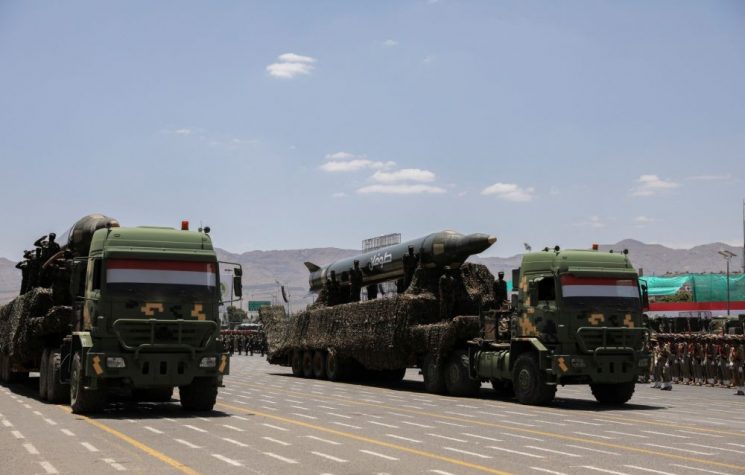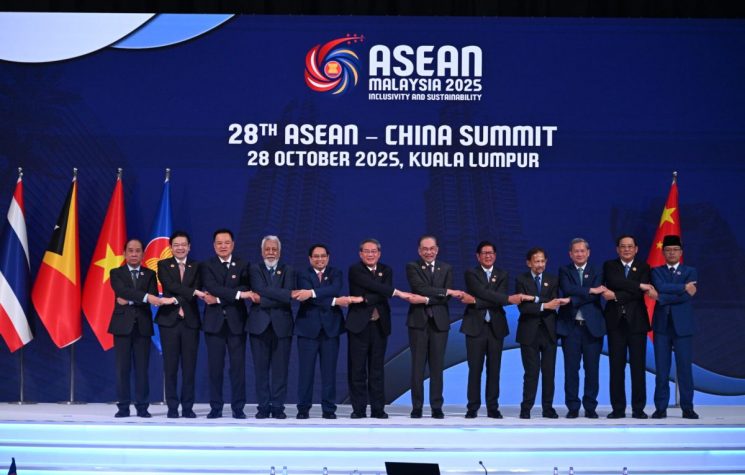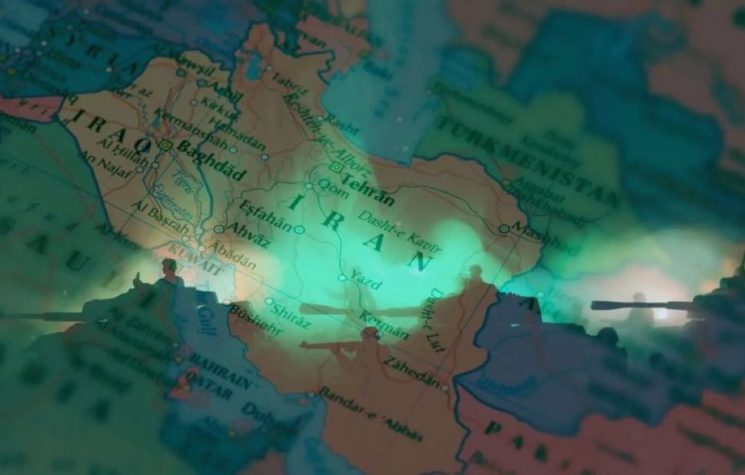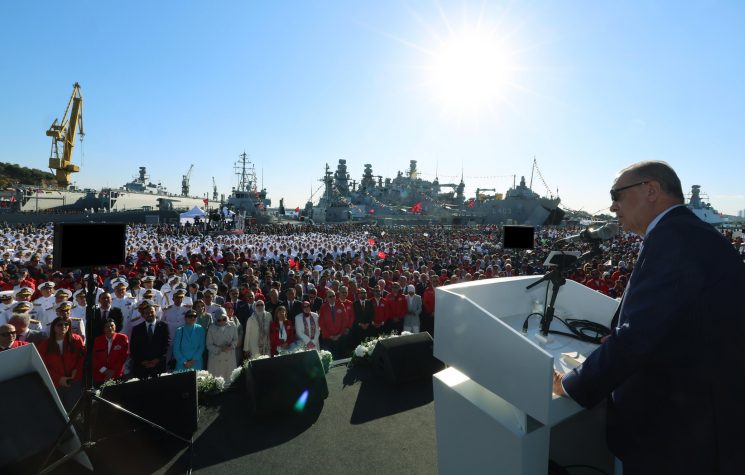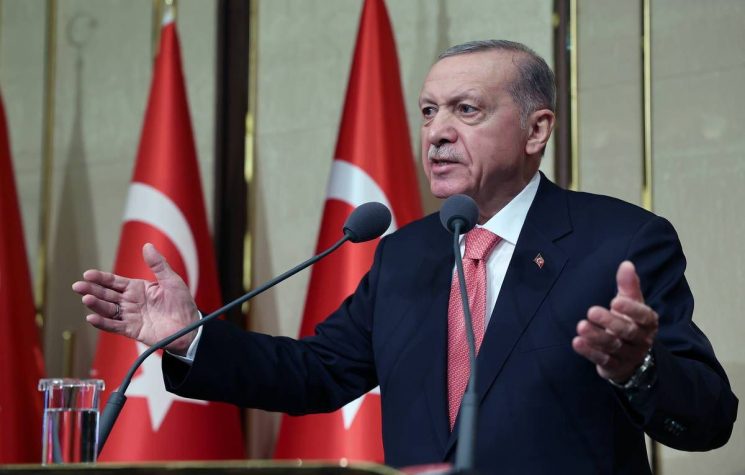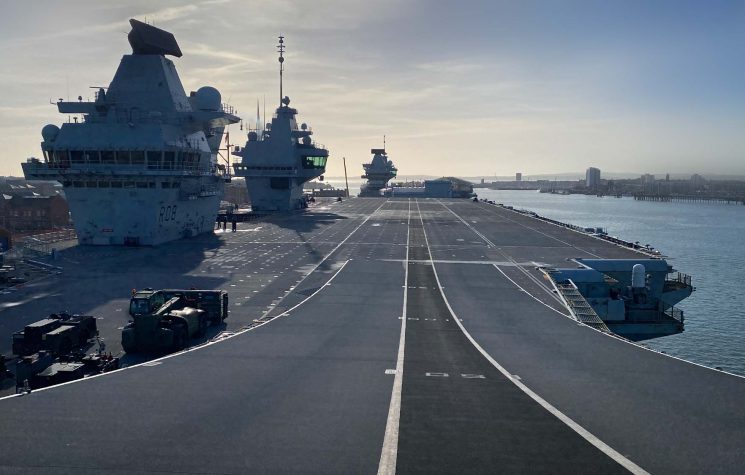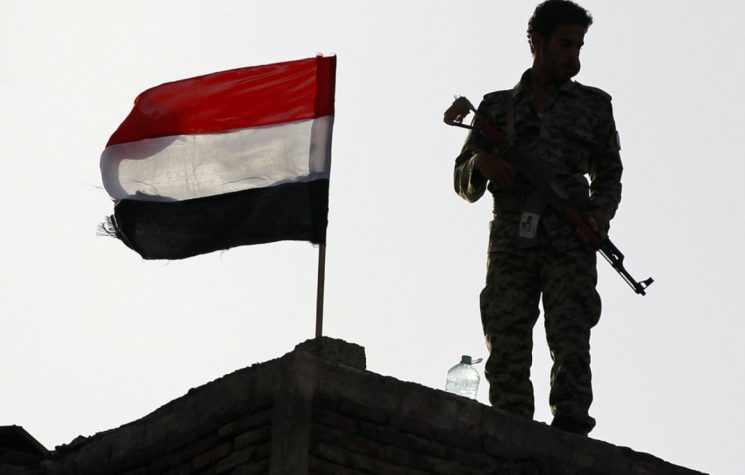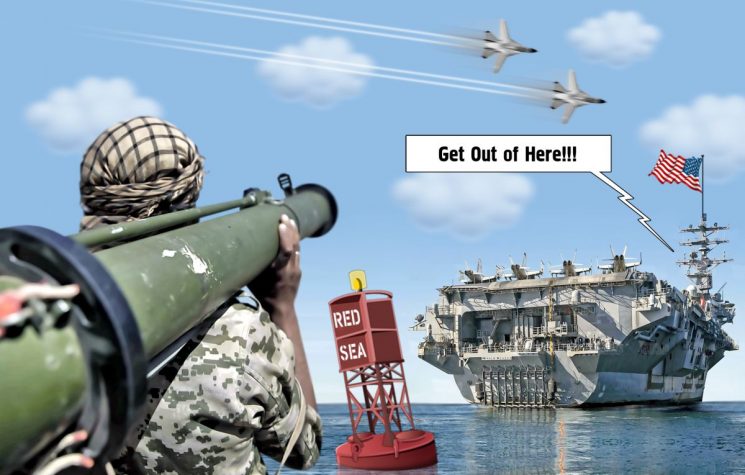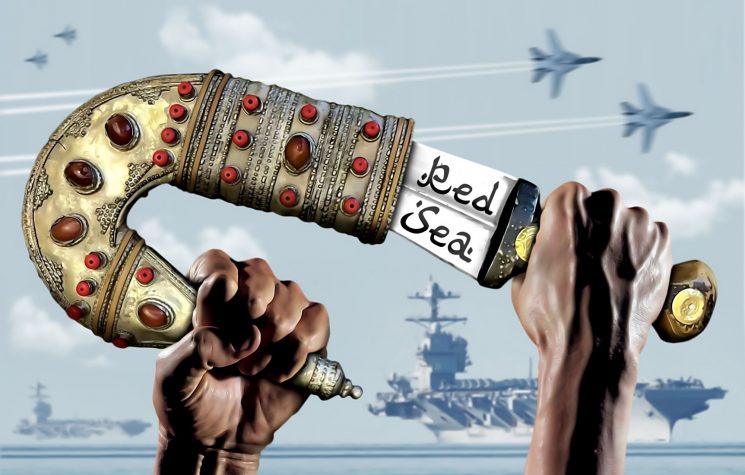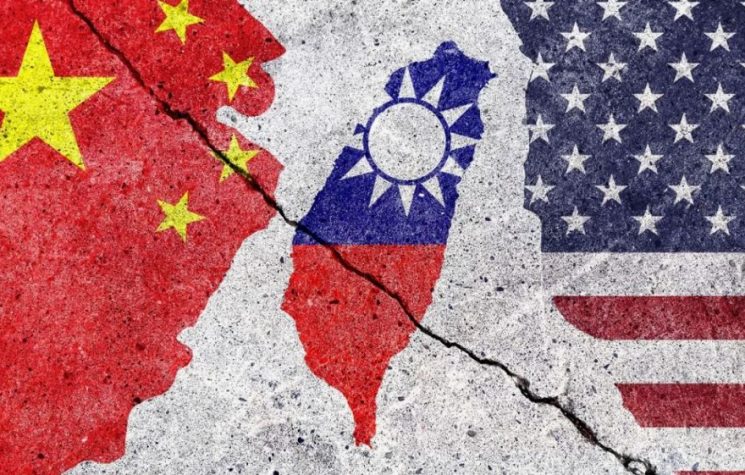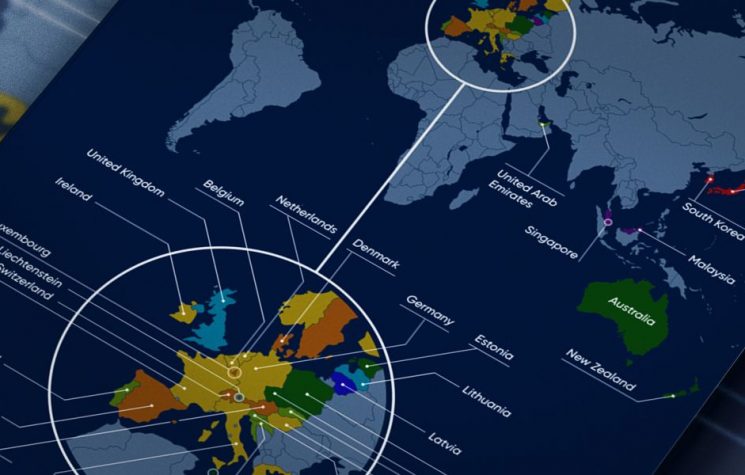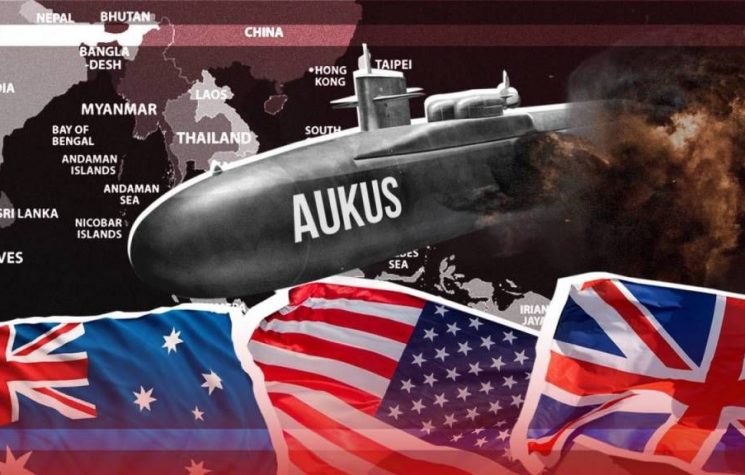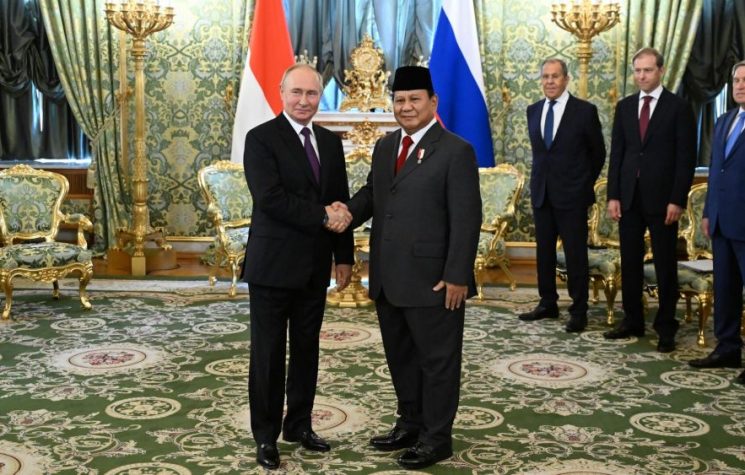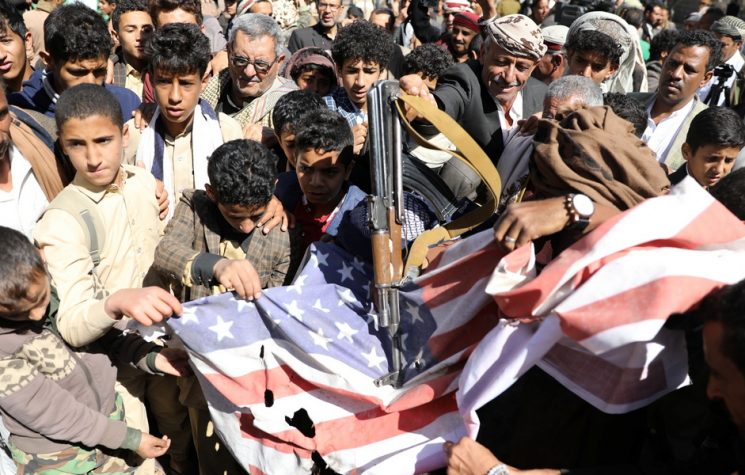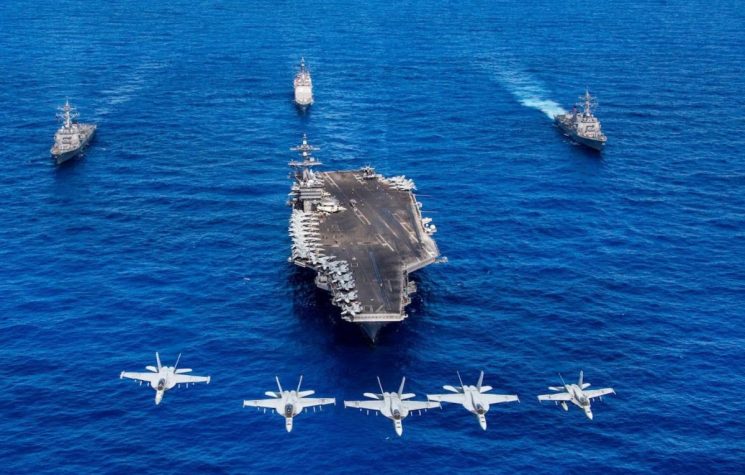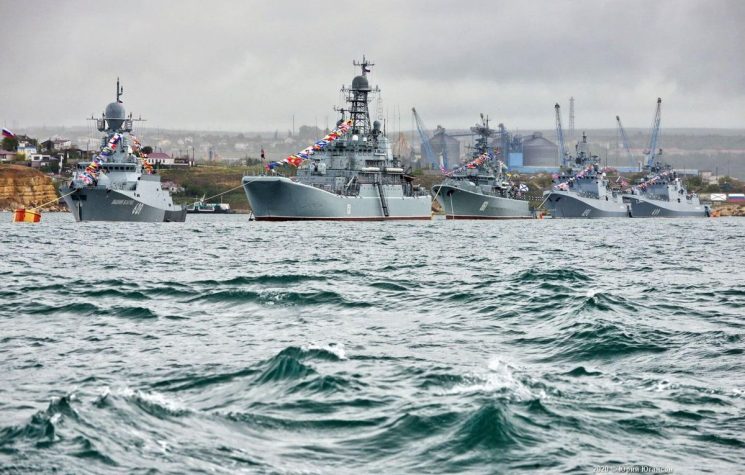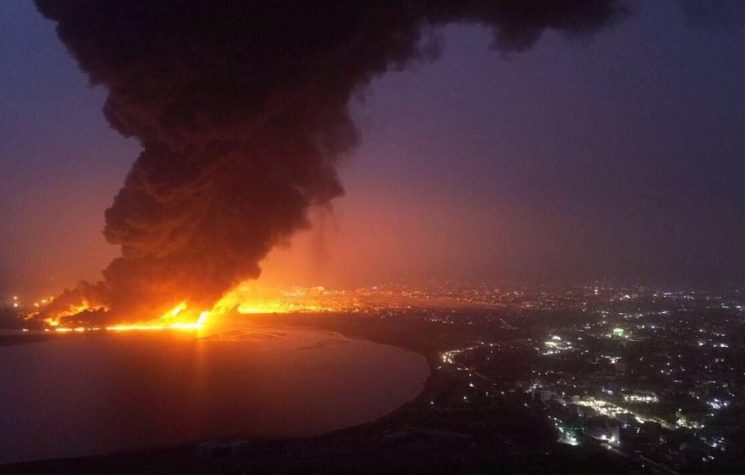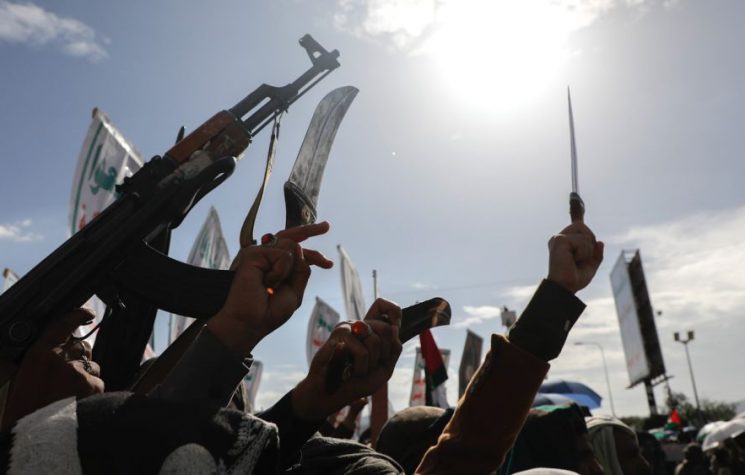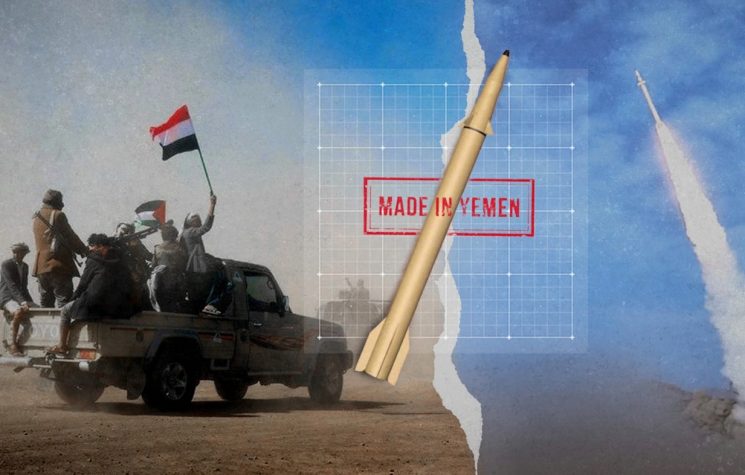The main significance of the Houthi attack is that that the era of ballistic missile warfare against ships at sea has begun.
❗️Join us on Telegram![]() , Twitter
, Twitter![]() , and VK
, and VK![]() .
.
Contact us: info@strategic-culture.su
In scoring a direct hit on the MSC Palatium 3 vessel with their anti-ship ballistic missiles, Yemen’s rag tag Houthi militia have ushered in a new era in naval warfare not only in the Red Sea but further afield as well.
With BP pausing all oil tanker transits through the Red Sea, the Houthis have certainly made a splash. The Houthi’s success, if success it was, is being carefully studied by Iran, China, Russia, Vietnam, Japan, the Philippines and all others caught up in the naval wars that lie ahead.
Although the Palestinians, desperately fighting their own regional war, might regard this attack as a victory, tactically it pales in comparison to NATO’s attacks on Russian shipping in the Black Sea and Norway’s terrorist attack on the Nordstream pipeline. The European lie of the land is that Russia must devote much more military resources to fend off NATO’s land armies and Germany, despite sending 5,000 troops to Lithuania, is economically and militarily kaput. As far as the European front goes, for the United States, it is game over as Germany is down and Russia is permanently locked out of dealing with Europe, so much so that all of Western Europe is now in bondage to Uncle Sam for the foreseeable future. Europe, for all intents and purposes, is no longer an independent or even important actor; geopolitically, it is an irrelevance.
Yemen, meanwhile, feels it can control the world’s third busiest major choke point, even though a number of countries, China most notably, have military bases nearby. Perhaps, as the crayon and colouring book strategists say, Yemen is the new Britannia and rules the waves, or at least those waves that lap up to the shorelines of Yemen, Djibouti, Saudi Arabia, Sudan, Egypt and Eritrea that border The Red Sea.
Methinks not. Not only has Saudi Arabia and its UAE sidekick not yet formalised a peace treaty with the Houthi but Egypt is losing serious coin in transit fees over this and the Japanese Navy’s FS Akibono has already found itself militarily engaged there, Japanese reconnaissance planes are buzzing overhead and Uncle Sam has requested naval assistance from far away Australia to battle this perceived menace, even as Chinese marines twiddle their thumbs at the other edge of the Bab-el-Mandeb Strait which the Houthi foolishly think they can use to throttle global trade.
The Indian Navy, meanwhile, are hot on the heels of Somalian pirates, who have been linked, rightly or wrongly, to the Houthi who, in turn, are linked, rightly or wrongly to the Iranians as part of the so-called Axis of Resistance which stretches from Hezbollah in the west to Iran in the east. Israel, for what it is worth, also recently had an undeclared naval war with Iran in the Red Sea that the Houthi, who don’t have a navy, think they can control.
Although Hezbollah are tough cookies, because they are not a naval power, they are not our immediate concern here. And, nor, in reality, are the Iranians, their formidable array of missiles and their proximity to the Strait of Hormuz, arguably the world’s most important choke point, notwithstanding.
Although the Houthi, at great collateral cost, acquitted themselves well against the Saudis, they are not a naval power. Not only can they not project power, but, irrespective of how well tooled up they are, with their fighter jets and oil refinery destroying missiles, they will not be allowed to project power onto the world’s busiest shipping lanes. North Yemen and North Yemen alone is their domain.
That can be seen by the relative success with which Saudi Arabia unmercifully blockaded them and that the Saudis see the Houthi forming an existential threat to them should they link up with their own suppressed Shia minority in eastern Saudi Arabia. No doubt the CIA have been busy reminding the Saudis of this threat which, the Yanks would argue, is amplified by cosying up to Iran and China, NATO’s ultimate enemy.
Because the Houthi are an unpredictable lot, the USS Eisenhower, together with the U.S. base in Djibouti, should probably expect a lot of incoming from the Houthi, who will hope that they can down their F/A-18s as easily as they did the F-15s and F-16s of the Saudi/UAE alliance.
But Yemen is not World War Two’s Malta, or even Gibraltar, keeping an under performing Italian Navy and an over stretched Luftwaffe at bay. Because the Houthi are almost as isolationist as is North Korea, diplomacy is unlikely to work, at least in the short term.
From a strategic viewpoint, the Houthi have allowed NATO to cobble together a naval coalition to irk the Iranians, and as a prelude to wrong footing the Chinese in Djibouti and scuttling the Chinese Navy in the South China Sea. Though Israeli shipping must now make these massive detours around Africa to avoid the Houthi, the major casualty will be trade between East Asia and Europe, meaning another major win for Uncle Sam, whose European objective is to isolate Russia and eviscerate Germany but whose overall global objective is to defeat China.
Even should the Houthi close the Red Sea, even that is no big deal. In 1967, Egypt blocked the Suez Canal after Israel invaded Sinai. Not a single boat crossed the canal for eight years until international agreements were made for Israel to surrender the occupied territories. But, as Israel remains in the West Bank and Golan Heights to this day, that strategy was not particularly successful over time and Egypt is much more compliant to Western whims today.
Although the Israelis are being discommoded by these massive and massively expensive detours around Africa, their major concern is Hezbollah to their north and, though a resurgent Iran will not do much for Tel Aviv property prices, both Hezbollah and Iran are playing a waiting game, deciding when, where and to what extent they should intervene and bring the threatened wrath of the U.S. Navy down on their heads.
The Americans, meanwhile, having largely achieved their main objectives in Ukraine, are being wrong footed more by Russia’s Middle Eastern diplomacy than by anything else. Judging by the reception Putin got in Saudi Arabia and the United Arab Emirates, neither of which is a bosom buddy of Russian ally Syria, it seems Russia is the Middle East’s kingmaker, the duplicitous shenanigans of the Muslim Brotherhood, al Jazeera, Qatar and Turkey notwithstanding.
But, as for the Houthis, forget about them. Although this must read article suggests that the Houthi attack might only have been a symbolic shot-across-the-bow, it remains a severe escalation that will not and cannot go unanswered if ballistic missiles, which are all but unstoppable, are routinely used.
As against that, ballistic missiles are best used against land assets, not against ships, which, being relatively small, mobile targets, are hard to hit, especially as the Houthi do not have maritime surveillance platforms like the Chinese KJ-500 airborne early warning plane with its powerful AESA radar, which are essential not only for locating enemy ships for ASBM missiles to attack, but also for monitoring the target’s position after launch and potentially transmitting course-corrections to the missile in the mid-flight phase.
The Houthi, in short, are not major league players. Not only are Houthi drones and coastal radars not in the Chinese KJ class but both NATO and the Japanese have formidable defences against China’s DF-21D missiles.
And the Japanese are not alone. Here is a recent list of NATO aligned war ships prowling about the Red Sea, the Gulf of Oman, the Gulf of Aden, the Persian Gulf, and the Arabian Sea. When these are added to NATO’s 34 nation Combined Maritime Force, currently commanded by the French Navy, the Houthi, their tough talk notwithstanding, best appraise themselves of what they have bitten off.
The main significance of this Houthi attack is that that the era of ballistic missile warfare against ships at sea has begun and, as with tanks and aircraft carriers before them, though they have got off to an awkward start, they too will evolve into dominant war-fighting machines when the real guerilla war between the Chinese and North Korean Navies on the one hand and those of Japan, South Korea and the United States on the other kicks off in the South China Sea.












